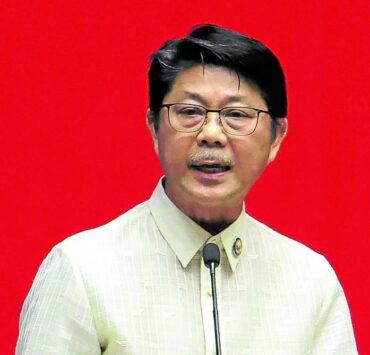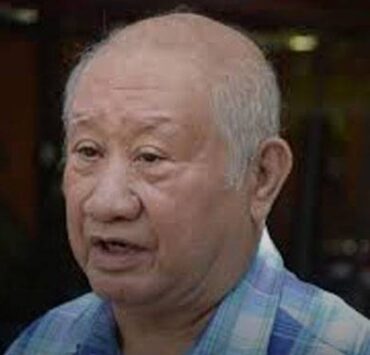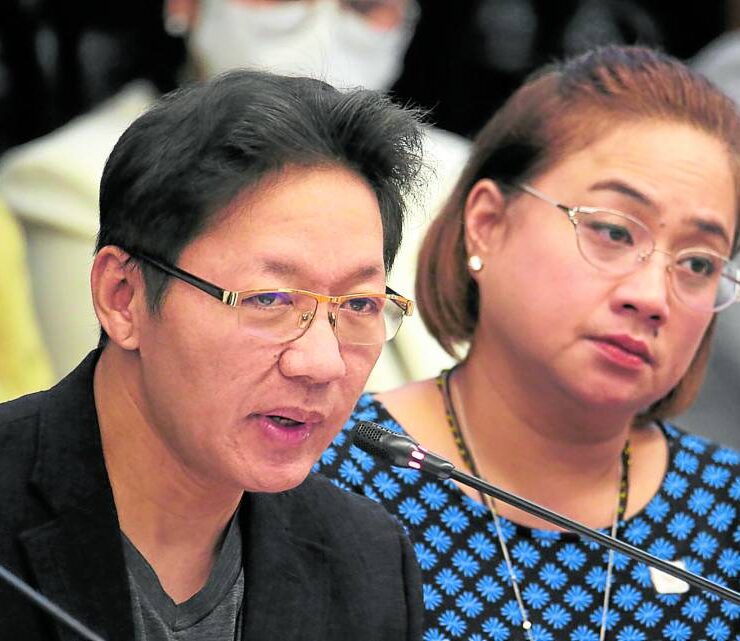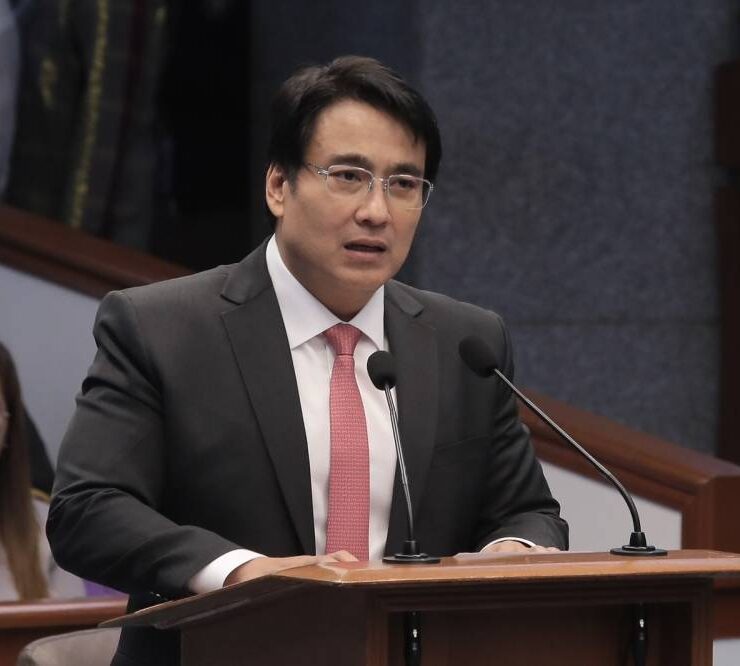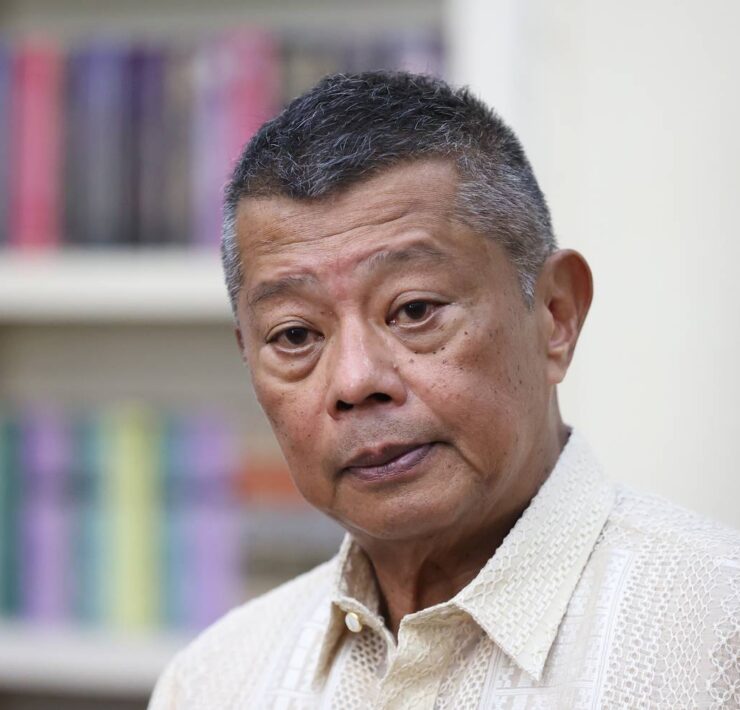P4.6-B assets now frozen due to public works probe

The Anti-Money Laundering Council (AMLC) secured its sixth freeze order in the government’s widening investigation into irregular flood control projects, this time targeting a former high-ranking official accused of playing a central role in the alleged scheme.
In statement on Friday, it said 2,003 assets worth P4.67 billion have already been frozen since the government cracked down on allegedly anomalous infrastructure projects.
The council said the Court of Appeals approved on Oct. 10 its latest request to freeze 39 bank accounts, four insurance policies and 59 real estate properties, including residential, commercial and agricultural assets.
Deliberate actions
It added that several of the properties were linked to a former senior government official “suspected of involvement in the procurement process of the questioned flood control project contracts.” As in previous cases, the AMLC did not disclose ownership details, locations, or other specifics of the frozen assets.
To date, the crackdown has immobilized 1,671 bank accounts, 58 insurance policies, 163 motor vehicles, 99 real properties and 12 e-wallet accounts. The figures are expected to rise as additional freeze orders are secured and new leads are uncovered.
“We are taking deliberate actions to preserve assets potentially linked to unlawful activity,” said AMLC executive director Matthew David.
“Our focus remains on ensuring that public funds are protected and that those involved are held accountable through lawful and transparent processes,” he added.
When a bank account is frozen, all activity—transfers, deposits, withdrawals and even account closures—will be suspended. Banks are then required to comb through the accounts and review past transactions to determine whether they were used for illicit activity. Their findings are sent to the AMLC.
Offshore assets
David earlier said the council was also pursuing the offshore assets—including foreign bank accounts, real estate, and personal properties—of individuals accused of corruption in flood control projects. He added that the AMLC might also scrutinize banks after a congressional inquiry flagged large cash transactions linked to the flood control scandal.
On Sept. 30, the AMLC signed a memorandum of agreement with the Independent Commission for Infrastructure, the body created by President Marcos to investigate corruption in flood control projects, for closer coordination, data sharing and joint efforts to trace, preserve and recover assets linked to illicit activity.
David said the council was also working with the Office of the Ombudsman, the Bureau of Internal Revenue and the National Bureau of Investigation as it pursues “a thorough and impartial inquiry.”
Gareth Leather, senior Asia economist at London-based Capital Economics, said that unless corruption concerns are addressed and political divisions bridged, the Philippines risks losing ground to its fastest-rising neighbors.
“Improvements in infrastructure, combined with strong demographics and high English proficiency, provide a solid foundation for the Philippines’ growth and competitiveness,” Gareth said in a commentary.
“But until corruption and governance weaknesses are more fully addressed, the Philippines will struggle to reach its full potential and will find it difficult to keep pace with the region’s top-performing economies, namely Vietnam and India,” he added.














